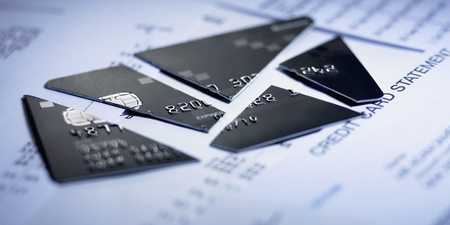
Chapter 7 and Chapter 13 bankruptcy are both ways that an individual in debt can find relief. It can be scary to think about filing for bankruptcy, but the risk is sometimes necessary to give you a fresh start.
The biggest question is this: how do you know what type of bankruptcy to file for?
Chapter 7 bankruptcy
Chapter 7 bankruptcy, also called “liquidation bankruptcy”, is ideal for individuals who do not have a sufficient income and whose debt is mainly unsecured. Most unsecured debts, such as credit cards and medical bills, can be discharged through Chapter 7, with the exception of some taxes, fines, and student loans.
Chapter 7 allows an individual to retain “exempt” property such as a home, cars, personal property, and retirement funds. It may also allow an individual to continue making scheduled payments on secured debts by liquidating assets deemed “non-exempt” and using the funds to repay creditors.
Chapter 13 bankruptcy
Chapter 13 bankruptcy can help individuals who may find themselves overwhelmed by debt but maintain an average or above average income. Instead of wiping out all debt by selling assets, this type of bankruptcy acts more as a plan to help these individuals get back on track with their finances.
In exchange for debt relief, those who file for Chapter 13 bankruptcy pay their disposable income to their creditors over the course of a three- to five-year repayment plan. At the end of the plan, whatever debts remain will be cancelled.
Dischargeable and non-dischargeable debt
Many people file for bankruptcy to get a fresh start without debt weighing them down. While a lot of types of debt is dischargeable, there is some that filing for bankruptcy will not wipe away.
Common debt that is dischargeable under both Chapter 7 and Chapter 13 include:
- Medical debt
- Credit card debt
- Some loan debt
Debt that the Court considers non-dischargeable include:
- Child support
- Alimony
- Fines that are penalty for breaking the law
- Student loans
Deciding to file for bankruptcy is a big decision. However, knowing what each type of filing entails can be helpful in easing anxiety and getting the fresh start you want financially.
If you are considering filing for bankruptcy, please contact one of our bankruptcy attorneys. We can help you determine which type of bankruptcy you should file for and help you seek debt relief.

